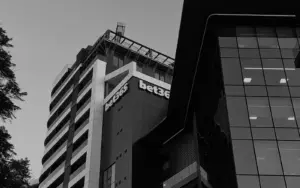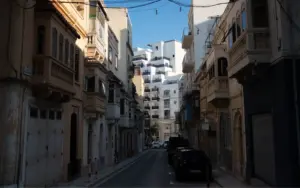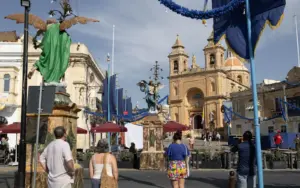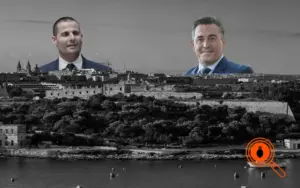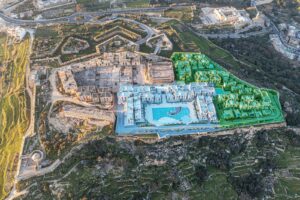Currently viewing:development
-
The 20-Day Flip: Fortina Sold Public Land For €40 Million Weeks After Paying €8 Million To Lift All Restrictions
-
Short lets In Numbers: How Tourist Rentals Reshaped Malta
-
Lawless Lets: Unlicensed Short-Term Rentals Boom And Outpace Enforcement
-
FATTI: Are Manoel Island delays beyond MIDI’s control?
-
Fort Chambray: A Bad Deal For Malta
